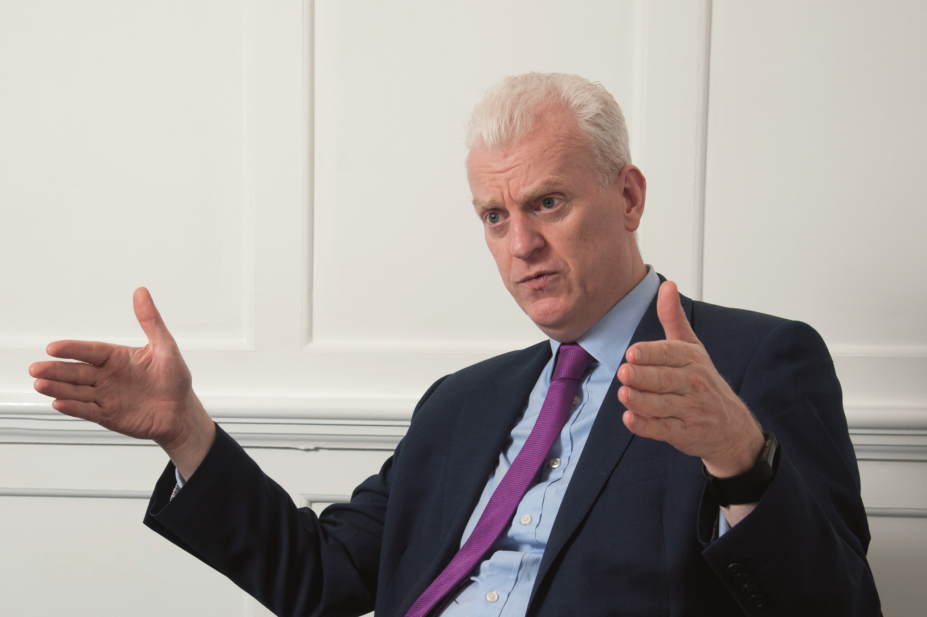
Charlie Milligan
Open access article
The Royal Pharmaceutical Society has made this article free to access in order to help healthcare professionals stay informed about an issue of national importance.
To learn more about coronavirus, please visit: https://www.rpharms.com/resources/pharmacy-guides/wuhan-novel-coronavirus
Thousands of pharmacies could close if they do not receive extra funding to cope with COVID-19 pressures, as around half were already in deficit at the start of the pandemic, the National Pharmacy Association (NPA) has told the government.
In a letter to prime minister Boris Johnson, seen by The Pharmaceutical Journal, Mark Lyonette, chief executive of the NPA, said the sector faced “trepidation” about having to repay the £300m advanced funding provided by the government.
The money is not extra to standard funding streams and the government has said it intends to recoup the sum.
The letter, dated 25 May 2020, said: “50% of pharmacies were already in deficit before the crisis began — forcing the repayment of these funds could cause thousands of pharmacies to go out of business.”
It added that pharmacies have “incurred considerable costs for staying open throughout the coronavirus crisis, including large increases in staff and medicine costs, outlays for security, [personal protective equipment] and deliveries”.
“A special COVID-19 payment to cover these exceptional costs would help provide the financial stability that we need to keep our doors open,” the letter continued.
The Pharmaceutical Services Negotiating Committee (PSNC) said on 15 May 2020 that its bid for extra funding for community pharmacies was with the government treasury for consideration.
The PSNC secured the £300m loan on 31 March 2020, after warning earlier that month that pharmacies were “teetering on the brink of collapse” as a result of pressures from COVID-19.
This was followed by a further £50m in advanced funding announced on 28 May 2020, which the NPA said loads new debt onto pharmacies, which many will be unable to pay back.
The NPA — along with other pharmacy bodies — previously said that the £300 loan was not enough and it was still worried about pharmacy closures, with some spending “many, many tens of millions of pounds” each month to stay open during the pandemic.
In response to the letter, a Department of Health and Social Care (DHSC) spokesperson said: “Community pharmacies carry out critical work to protect the health of the public and support the wider NHS, and we are backing them with £300m of advanced funding as we continue to assess the full additional impact of coronavirus.”
They added that the DHSC was continuing to work with NHS England and the PSNC to assess the need for additional funding, beyond the £2.592bn promised in the ‘Community pharmacy contractual framework’, and for any further cash flow to support contractors in paying their drugs bills during the COVID-19 pandemic.
Simon Dukes, chief executive of the PSNC, said the negotiators have “long sought to ensure the government and NHS are aware of the funding and capacity issues facing the community pharmacy sector”.
“As well as the rising cost of running a business, we have highlighted hidden costs, such as giving ad-hoc health advice and spending increasing amounts of time trying to source medicines,” he added.
“Many contractors were struggling to make efficiencies before this pandemic, and the COVID-19 outbreak has only exacerbated these issues.
“We are, therefore, working with the NPA and other pharmacy bodies to gather evidence of pharmacy’s contribution to public health during the pandemic, and we will use this to push for a full review of the contractual framework.”


